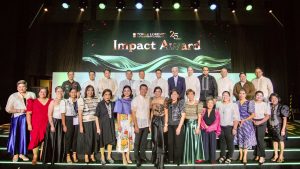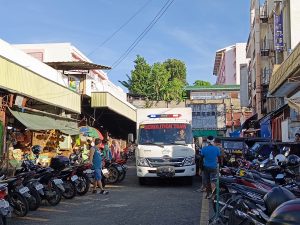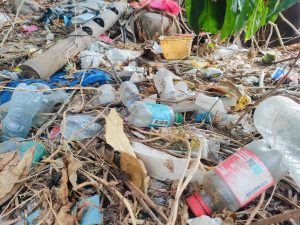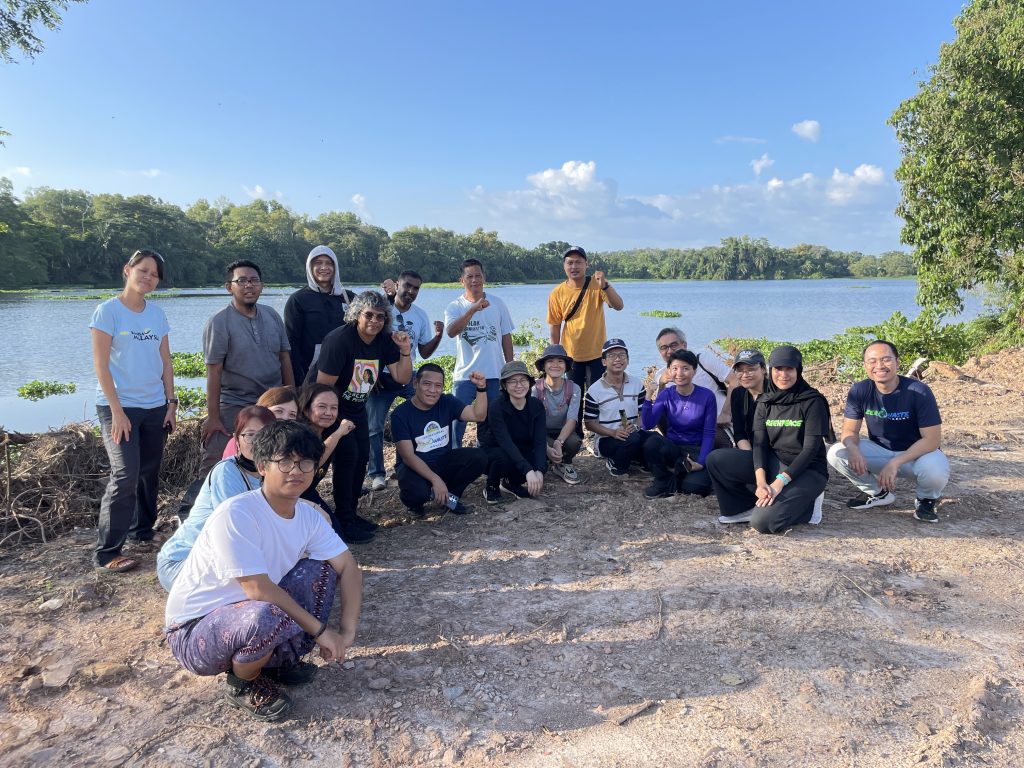
IN 2003, community leaders and members in Broga-Semenyih Selangor protested and won the fight against the construction of waste-to-energy (WtE) incinerators in Peninsular Malaysia. Malaysia has set a sterling example of averting incinerator proposals in the region. Today, however, WtE incinerators are making a comeback in the guise of “circular economy” and “climate action”. Residents of Batu Arang WtE proposed site are pushing back on this government plan citing health, traffic congestion, property values, geogolical fragility as a previous coal mine with a long network of tunnels beneath the ground, and the site’s heritage status.
“Communities in Asia and the Pacific have long since proven that practical, low-cost, and community-led practices are more effective than burning waste,” said Brex Arevalo, GAIA Asia Pacific’s Climate and Anti-Incineration Campaigner, in a symposium organized by the Consumers’ Association of Penang (CAP), Sahabat Alam Malaysia (SAM), and Global Alliance for Incinerator Alternatives (GAIA) Asia Pacific. “But here we are, as we get more adept at zero waste solutions, waste burning industries are also getting more eloquent in selling their product offering fake and empty promises.”
The symposium which was organized as part of International Zero Waste Month, aimed to share the environmental and public health issues on WtE incineration rampantly peddled in Asia Pacific. The event was attended by leading researchers, activists, and non-governmental organizations, from Malaysia, Indonesia, the Philippines, China, Japan, Australia, and Europe. “We intend to use the insights gained from presentations by invited experts to formulate a policy paper to be submitted to authorities in Malaysia as part of our advocacy on debunking false solutions,” explained Mageswari Sangaralingam, Senior Research Officer of CAP and Honorary Secretary of SAM. Malaysia currently has a policy of building at least one incinerator per state.
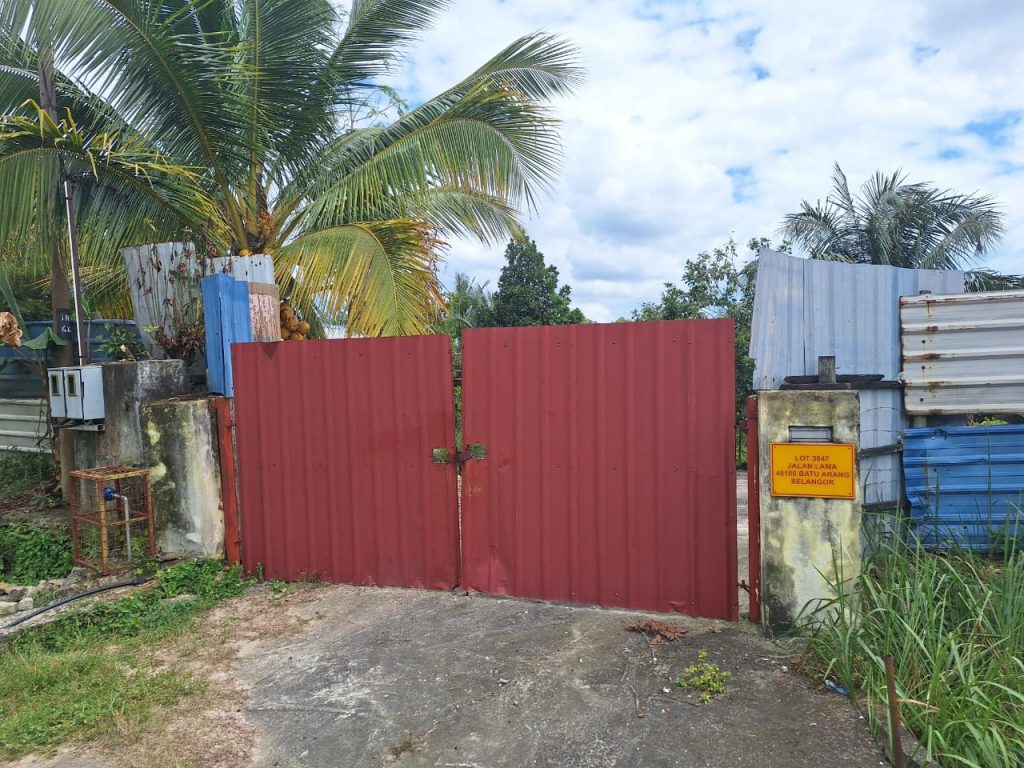
Yuenmei Wong, an independent researcher from Malaysia, highlighted that the country’s legislation primarily addresses essential aspects of solid waste management like collection, disposal, and infrastructure, with insufficient enforcement on minimizing waste during resource extraction. In the current Global Plastics Treaty (GPT) negotiations, civil society organizations are demanding solutions to cover the plastic waste crisis holistically, not just at the end of its life cycle but from the extraction of resources.
Leaders and residents of Batu Arang were also in attendance. Over three hundred people rallied in protest at Bandar Tasik Puteri just days before the symposium.
Firefighting in Asia Pacific
“We have the solution,” said Froilan Grate, GAIA Asia Pacific Coordinator. GAIA has implemented the Zero Waste Cities Collaborators Project in partnership with 18 member organizations for the establishment of zero-waste programs in more than 25 cities and communities in the Philippines, Indonesia, Malaysia, and India. The project was able to divert more than 1.9 million tonnes of waste from landfills and has put in place at least 23 local ordinances on waste management and single-use plastic bans.
Europe, China, and Japan have increasingly looked at Asian countries as emerging markets for their homegrown WtE incinerators as they face saturated domestic markets. Since investing in emerging markets is a risky endeavor for their homegrown WtE incinerator companies, they have used their political and financial leverage through international financial institutions such as the Asian Development Bank (ADB), the Asia Infrastructure Investment Bank (AIIB), and the Japan International Cooperation Agency (JICA) to direct public finance in support of these industries.
In the Philippines, despite a standing ban on waste incineration, Ninya Sarmiento, Plastic-Free Pilipinas Project Campaigner of the Ecowaste Coalition, has raised concerns over moves to legalize waste incineration and local partnerships with WtE companies in which the ADB, through its support for reviewing feasibility studies, developing Public-Private Partnership options, assisting in project preparation, and managing tender processes, has been accused of undermining the country’s Clean Air Act which banned waste incineration.
Speaking from Australia, Jane Bremmer, the campaign coordinator of Toxics-Free Australia, shared the regression in waste minimization. “On the eve of the new Global Plastics Treaty negotiations in Paris, the Australian Environment Minister has decided to reopen plastic waste exports after the previous federal government introduced a five-year ban. The 2019 ban on waste exports came in response to China and Southeast Asian countries’ exposure to waste dumping.”
Dr Jorge Emmanuel, adjunct professor from the Environmental Science and Engineering Department at Silliman University in Dumaguete, the Philippines, emphasized a critical point, stating, “Even the most advanced WtE incinerators emit dioxins.”
He noted that due to the latency period of dioxin emissions, the actual impact may not be observable for another 7 to 10 years and to have strong evidence of dioxin emissions, a large percentage of people would need to have died from dioxin-related diseases like cancer. Dr. Emmanuel stressed, “That’s why I believe in the precautionary principle; if there’s already strong evidence from around the world, we cannot wait for another incinerator to be put up and wait for the next decades for science to show us conclusively that people died because of WtE incinerator emissions.”
While in countries where WtE incineration is the default practice, experts have shared issues on environmental regulations.
In China, municipal WtE incinerators have increased tremendously from 130 in 2011 to 927 at the end of 2022. However, more than 40 Not-In-My-Backyard Movements (NIMBY) in the past decade compelled the China government to improve regulations on WtE incineration. “When most of China’s big cities enforced mandatory waste sorting, the operational data from waste-to-power plants between 2020 and 2023 revealed that “plant stoppages” often occurred. According to their study of 29 province-level administrations, the national overcapacity figure for 2022 was 100.99%, with overcapacity found in 12 administrations.” said environmental researcher Lee Jiacheng from the Wuhu Ecology Centre.
Yuichiro Hattori, researcher and former Solid Waste Management Officer in Japan, pointed out that despite Japan’s overreliance on WtE incineration and compromised recycling efforts, WtE incineration only contributes to about 3% of the national electricity grid. Coupled with the compliance requirement for high environmental standards, WtE has become a less cost-effective industry. In the last century, WtE incinerators have closed down and decreased from 1,965 WtE incinerators in 1975 to 1,028 this year.
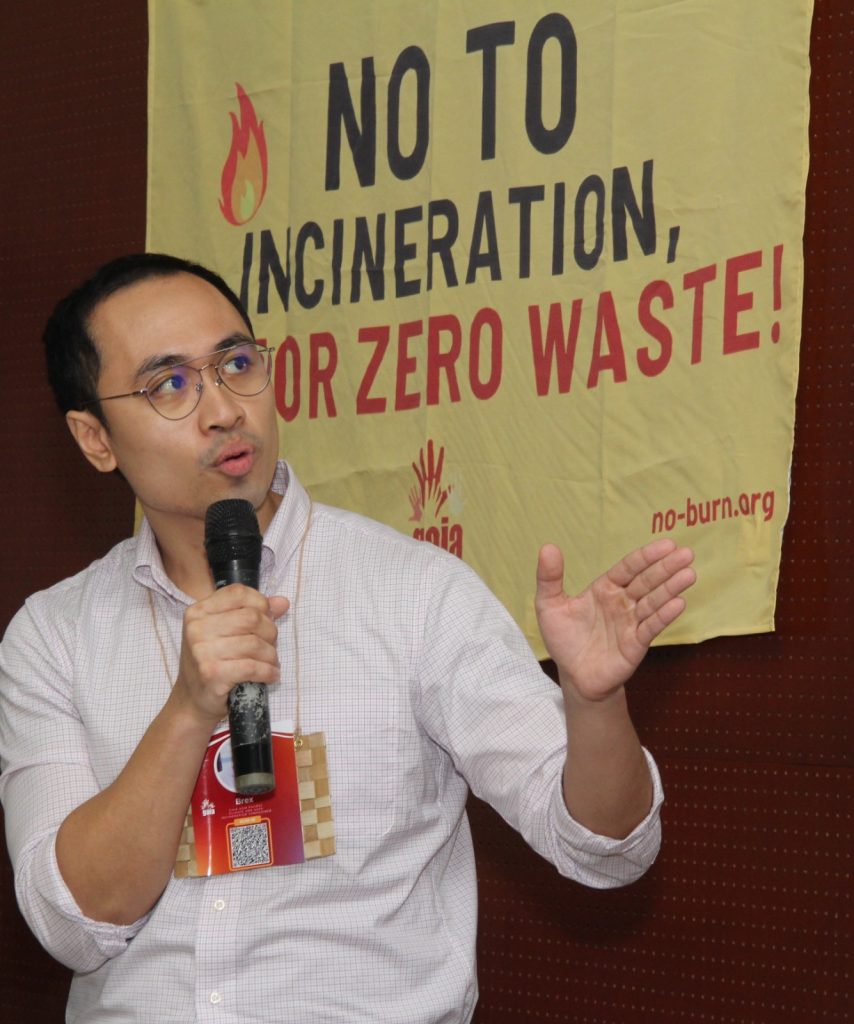
Arevalo said that while there are disproportionate resources in terms of finances and power between communities and WtE and plastic industries, grassroots including waste pickers and waste workers are fighting and winning.
In Indonesia, Abdul Ghofar, Campaign Manager for Pollution and Urban Justice at WALHI (The Indonesian Forum for Environment) or Friends of the Earth Indonesia, identified communities affected by the WtE projects in twelve cities in Indonesia. However, there’s a silver lining as three cities have canceled their projects in response to public demand, community protests, and potential financial loss.
Humans at the center: legislation and shared experiences toward a zero-waste future
“I don’t want Asia Pacific or Malaysia to repeat the mistakes that Europe made in the past,” said Janek Vahk, Zero Pollution Policy Manager of Zero Waste Europe, highlighting the milestone achieved by the EU since 2015 by excluding WtE incineration from financial support and shifting to prioritizing waste minimization.
“Waste pollution is a global problem that requires local solutions. Zero Waste values environmental and social justice. Placing humans at the center of waste management recognizes their lived experiences and expertise refuting the need to continuously burn waste and valuable resources,” said Grate.
Support Batu Arang residents in their fight against WtE incinerators, sign their petition here: https://docs.google.com/forms/d/e/1FAIpQLSe8EchXHdIXvdaZB5P3GTjIrlv2wR5yrKwoNZKsusscqx4Tsg/viewform

